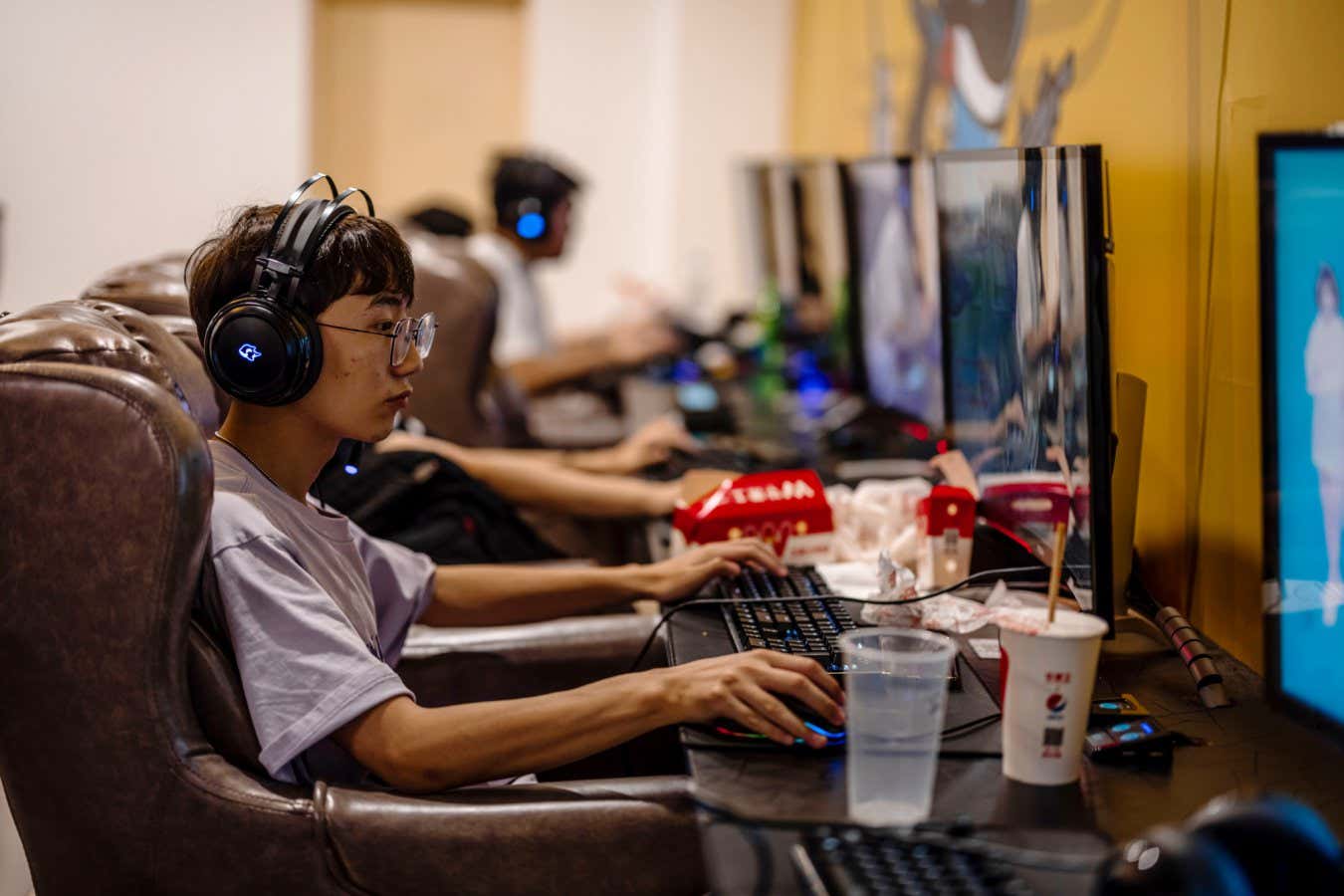There has been a concern in China regarding the amount of time people spend gaming. In an effort to address gaming addiction, the Chinese government implemented curfews on video-game playing for players under the age of 18. However, a recent study shows that these restrictions had no immediate effect on heavy gaming.
Since November 1, 2019, children in China were not supposed to play games for more than 90 minutes a day, or 3 hours on public holidays. In August 2021, these rules were further tightened so that those under 18 could only play for 1 hour on Fridays, weekends, and public holidays.
Researchers at the University of York, UK, analyzed over 7 billion hours of playing time from 188 million unique gamer profiles in China. The study covered 22 weeks, including the 11 weeks leading up to November 1, 2019, and the 11 weeks that followed. The study focused on this period to avoid any effects from the COVID-19 pandemic in early 2020.
The study found no decrease in heavy gaming, which is defined as playing for more than 4 hours per day, six days per week. In fact, individual accounts were slightly more likely to engage in heavy gaming after the policy was implemented, although the increase was not considered significant. This result is surprising, as the policy was widely assumed to be effective.
Catherine Flick, a member of the research team from De Montfort University in Leicester, UK, noted that it was unexpected to see that people did not try to work around the limitations of the policy. However, it should be noted that not all players in the data set were affected by the rules on minors.
The researchers emphasize the need for technological frameworks that protect privacy while allowing access to large-scale demographic data, such as age, in order to obtain better data for future studies. They also argue that these findings, or the lack thereof, should inform policymakers on how to approach interventions in the gaming addiction debate. They stress the importance of data-led rule-making.
In conclusion, despite China’s efforts to restrict video-game playing among minors, heavy gaming has not decreased significantly. Subsequent studies should focus on obtaining more comprehensive and privacy-preserving data to gain a better understanding of gaming habits and formulate effective policies.








